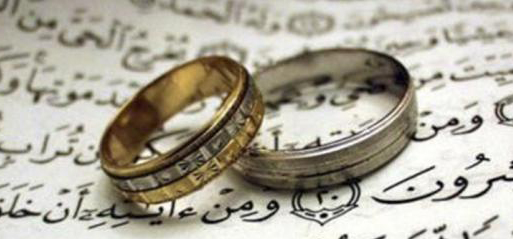
Sahil Aggarwal, Family Law specialist, Moore Blatch
Most Muslims in England who get married will tie the knot in a Nikah ceremony; one of the key steps of a marriage arrangement. However, in a highly publicised case, the Appeal Court has ruled that Islamic marriages are invalid in England.
This overturned a previous ruling where the High Court ruled that the marriage of Ms Akhter and Mr Khan — which had lasted 18 years — was ‘void’, meaning the couple could sort out their finances in much the same way as any other couple that had been married.
However, the Appeal Court’s judgement — that their marriage was invalid — means that after nearly two decades together Ms Akhter and Mr Khan will be treated in much the same way as two friends who had shared a home. In English law, their Nikah has not been recognised.
For Muslim couples living in England, the Nikah is central to their marriage; the place where their marriage becomes official. So, what does this latest ruling mean for couples based in England who have had an Islamic marriage or intend to have a Nikah?
Strangely, how you are treated under English law can vary according to where your marriage takes place. This is because if marriage is recognised as legal in the country in which it took place, it has the potential to be recognised as legal in England too. Therefore, a Nikah carried out in Pakistan in accordance with their customs and procedures can be recognised as a valid marriage in England.
However, the same cannot be said for a Nikah carried out here as a Nikah doesn’t comply with all the procedures necessary in England to be recognised as legally valid.
The case of Ms Akhter and Mr Khan offers a good example of how things can go wrong. The couple were married in an Islamic ceremony in 1998 following which they intended to have a civil ceremony that would have been recognised under English law. Despite repeated requests from Ms Akhter, Mr Khan refused to carry out the civil ceremony.
The couple went on to have four children together, though eventually, Ms Akhter petitioned for a divorce. Discovering that, despite being with her husband for 18 years and having a family with him, her marriage was considered invalid must have come as a dreadful shock.
This case demonstrates the importance of understanding your rights if you intend to have a religious marriage in England as well as the consequences of not following up your wedding with a civil ceremony. For women especially, a lack of legal protection following the break-down of a relationship can have life-changing consequences.
Those who oppose the recognition of religious marriages in England say that recognising religious marriages here could blur the lines between what is and isn’t legally valid. One solution could be to require all religious ceremonies, including the Nikah, to be followed up by a civil ceremony, therefore, aligning the Nikah with Christian and Jewish weddings.
This option could respect both the traditions and customs of all religious unions whilst also recognising the necessity of drawing a line between what is legally valid and what isn’t.
Of course, no one wants to think their marriage will come to an end. The sad truth is that some do. A civil ceremony provides both spouses with legal protection which ensures that, if the marriage does come to an end, both parties are treated fairly and that the financially weaker spouse — often the woman — is not left in financial difficulty.